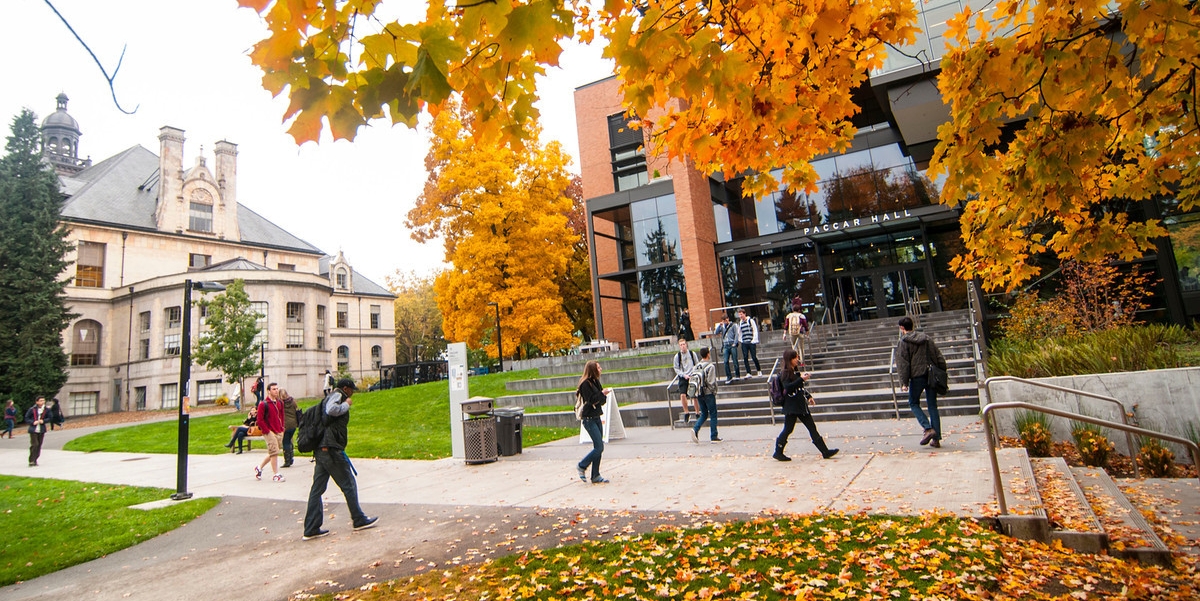
What makes a bridge between campus and the surrounding community? Photo by Katherine B. Turner.
Editor’s Note: On October 26-27, the UW Stroum Center for Jewish Studies is hosting a conference of new directors of Jewish Studies programs. The conference aims to explore big-picture questions about the relationship between Jewish Studies and the community. The Stroum Center received a Wexner Graduate Fellowship Alumni Collaboration Grant to support this endeavor. The following piece was written by the co-organizers of the conference, Prof. Lila Corwin Berman, who directs the Feinstein Center for American Jewish History at Temple University; and Prof. Noam Pianko, director of the Stroum Center. Both are alumni of the Wexner Graduate Fellowship.
Jewish Studies on Campus
In 1939, sociologist Robert Lynd published a polemical book called Knowledge for What? A call to rethink why scholars studied what they did, and what their work had to do with the world in which they lived, the book came to mind as we thought about gathering a group of Jewish studies directors together. We found ourselves asking, “Jewish studies for what?”
When we were in graduate school, questioning the purpose of Jewish studies felt decidedly irrelevant to our training. The fact of the matter was that our teachers had answered the question already by working tirelessly to gain a place of legitimacy for Jewish studies in the academy. Although we knew that some of our teachers had deep engagements with other non-university publics, we also learned from them how intense the struggle had been to secure Jewish studies in the university and, thus, how important it was that we continue to guard its position by researching and writing primarily for those who worked within the university.
Then two things changed. The first change was systemic. Fueled by the 2008 recession and accelerated by the standards of profitability that increasingly guided university governance, the humanities came under fire. Jewish studies, to be certain, was not immune from this assault and the growing mandate to prove its “relevance” to students and university administrations. We both felt (and continue to feel) profound pressures to justify our programs, but we also found ourselves wondering if certain new pathways might be afforded by the language of relevance.
The second change was personal. After receiving tenure, we both had the chance to direct Jewish studies centers. Even before that, both of us had always engaged with non-university publics, teaching adult education courses, serving as scholars-in-residence at synagogues, and lecturing to community groups. But when we became directors of Jewish studies centers, we realized that these two facets of our lives—the scholarly and the communal—stood to enrich Jewish studies and its place inside and outside the university most if we learned better how to bridge them. We talked to each other about this and decided to start talking to others as well.
A Collaborative Vision of Engagment
First, in partnership with Jon Levisohn and Brandeis’ Mandel Center and, now, with a grant from the Wexner Foundation, we are seeking to create a Jewish studies collaborative that pulls together directors of Jewish studies programs and centers across the country to ask how we can coordinate our efforts. Our first meeting, a convening of just a small group of us which will be held in Seattle in late October, will be guided by a concern with “platforms of engagement.”
Our theory is that Jewish studies has an incredible opportunity to be relevant because of the history of the field’s emergence and the needs of transforming Jewish public. Most Jewish studies programs were created at the hands of non-university communities who cared about Jewish culture, history, and texts. This genesis presented clear challenges—ones that our teachers often discussed as war stories and ones that remain with us as we navigate claims that various Jewish publics make upon us and our programs. But it also positions Jewish studies in a tradition of thinking about relevance. Related to this, Jewish studies holds the promise to help better serve the complex infrastructure of Jewish communal life that demands (or should demand) qualified and Jewishly knowledgeable professionals.
What platforms do we have available to us to help spread the rigor and the intellectual importance of what we do in the Jewish studies classroom and in Jewish studies scholarship? Together with seven other Jewish studies directors, a digital media specialist and an arts administrator, we will explore digital platforms, arts and culture platforms, and student-centered platforms. Our goal will be to explore ways we can work together to build new horizons for Jewish studies, within and beyond the university. Could we construct arts and culture programs that travel, exposing wide audiences to the range of Jewish creative expression and framing these with scholarly approaches to cultural production? Could we share digital resources that allow us to teach more specialized topics, or, alternatively, cull together large group of students to reflect in cross-country conversations about texts or historical moments? And, in the process, might we rethink the role of the humanities in the university, making the case for its deep connectivity to intellectual engagement across disciplines.
We cannot afford to leave the question “Jewish studies for what?” unanswered. Instead of reading the question as a statement of resignation (with shoulders shrugged or hands thrown up), we seek to read it as a call for creativity, for new thinking, and new partnerships.
This post was written for the blog of Brandeis University’s Mandel Center for Studies in Jewish Education, and appears here with permission.


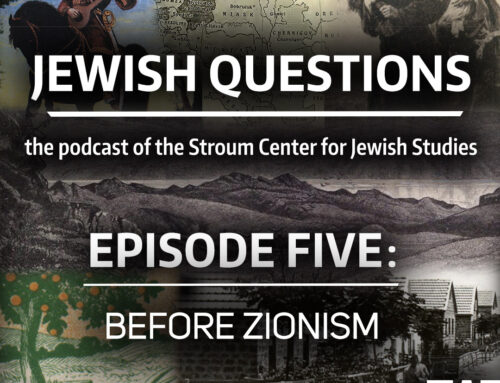
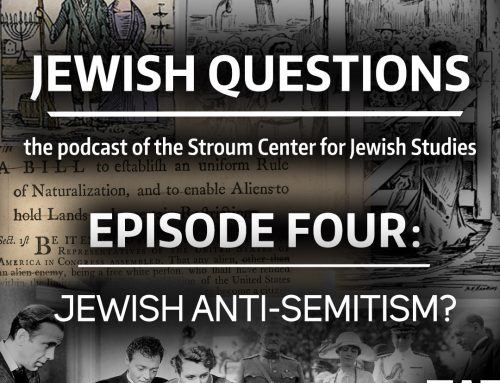
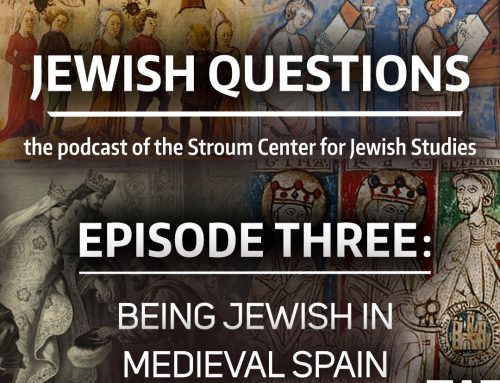
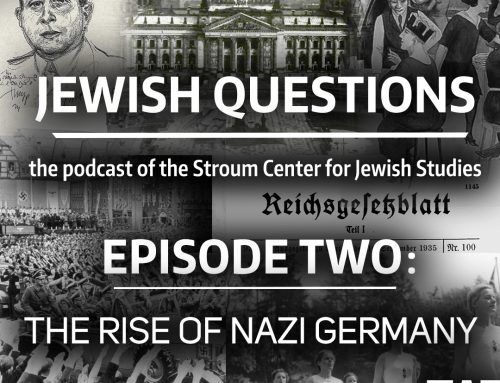
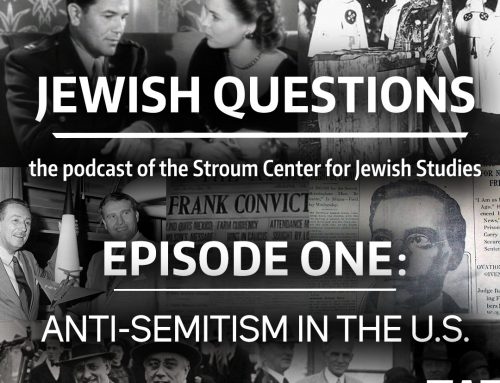
As a graduate student in medieval studies, I would have benefited greatly had my professors in the English department had contact with what is becoming a rich body of knowledge about the relationships between the English canon and Jewish traditional texts. Just one example: the climactic scene in PIERS PLOWMAN includes the moment when Peace, Mercy, Justice and Truth approach each other at last. Nothing in any of my scholarly research except one earlier dissertation, discussed any connection between this traditional Christian trope and the midrashic tradition. Things have changed greatly since, and I find that a very positive development.